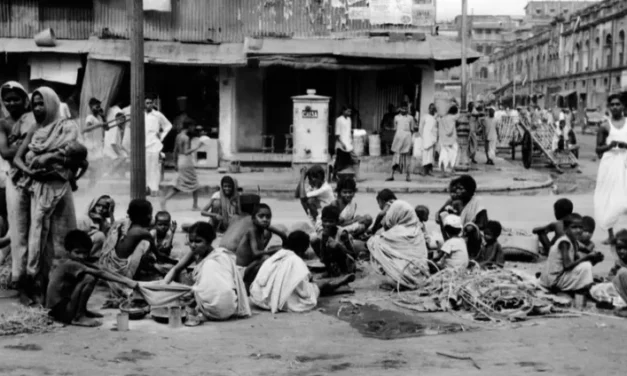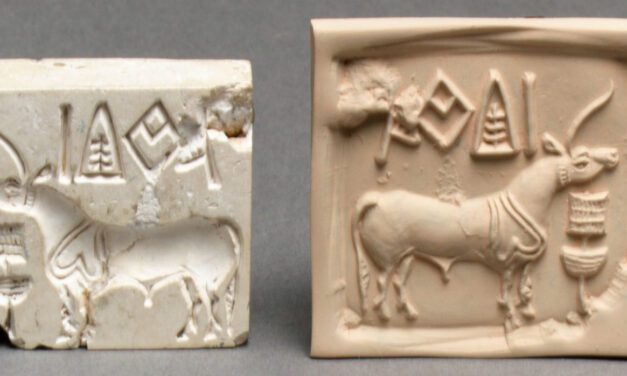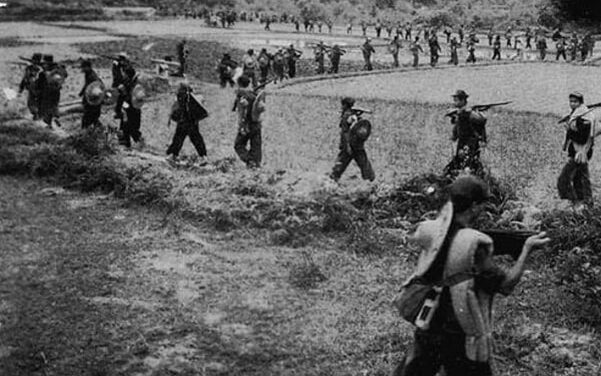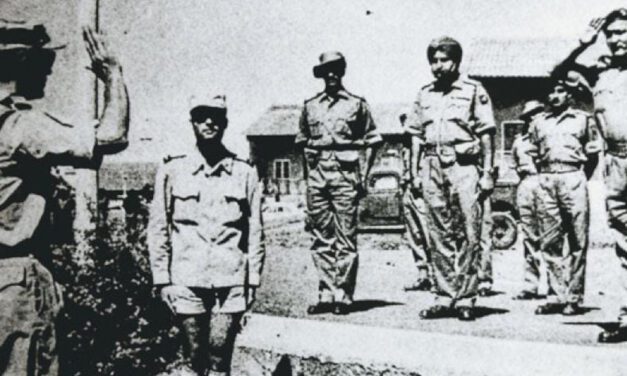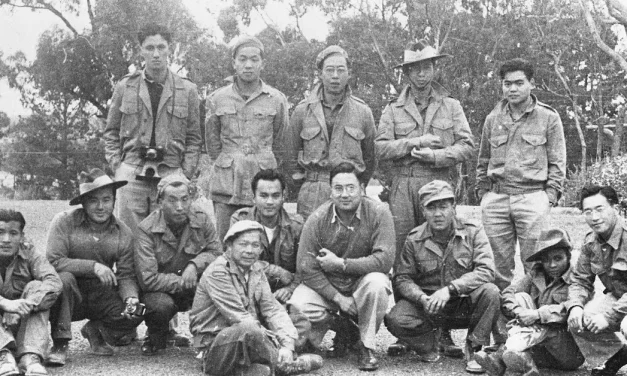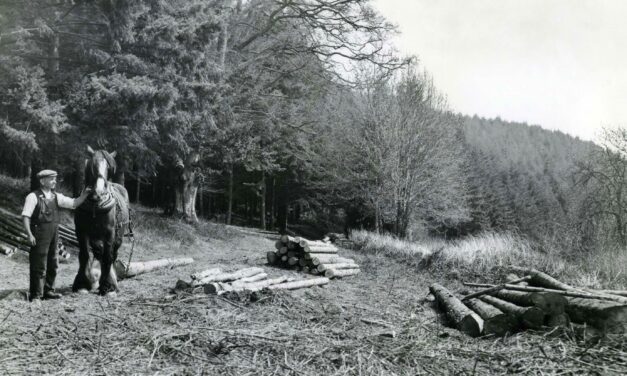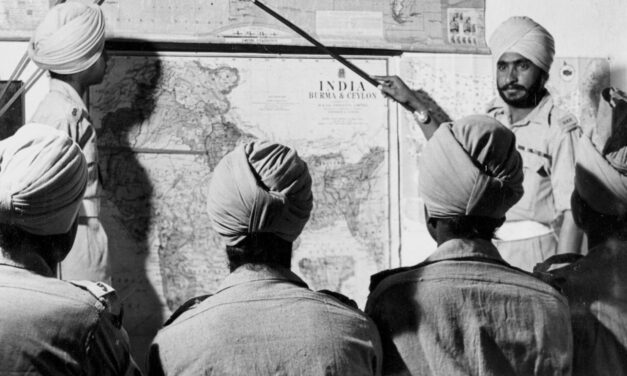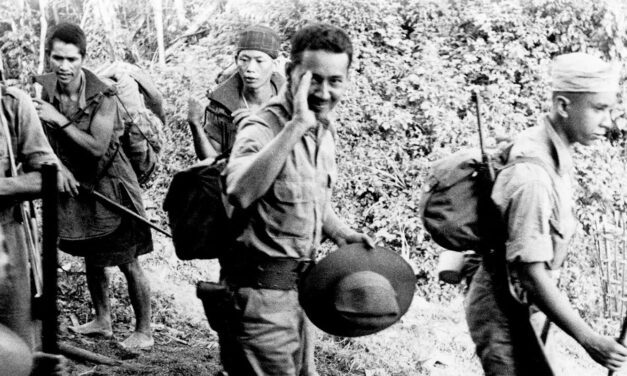Combat in the High Himalayas: the Sino-Indian War of 1962
Reading time: 13 minutes
There are corners of the map where the neat lines of national boundaries, so carefully laid and plotted over the modern era, begin to blur and bleed. Aksai Chin, the bleak “White Stone Desert” which sits just inside China’s western border, is one of these.




